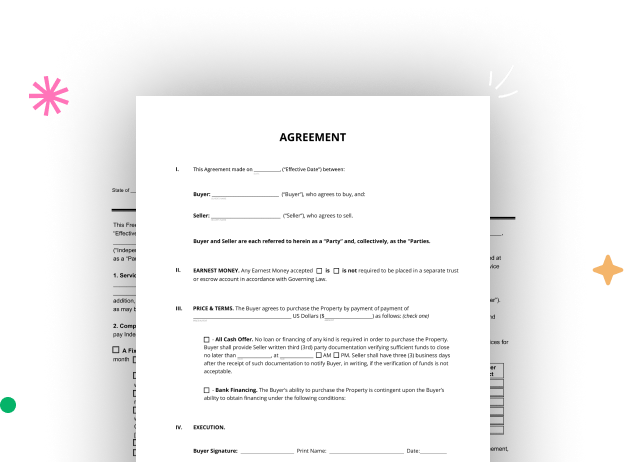

Begin by signing up for a free DocHub account using any offered sign-up method. Simply log in if you already have one.
Try out the complete suite of DocHub's pro tools by registering for a free 30-day trial of the Pro plan and proceed to build your Civil Union Legal Document.
In your dashboard, select the New Document button > scroll down and hit Create Blank Document. You’ll be redirected to the editor.
Utilize the Page Controls icon marked by the arrow to switch between different page views and layouts for more convenience.
Use the top toolbar to add document fields. Insert and configure text boxes, the signature block (if applicable), insert images, etc.
Organize the fillable areas you added per your desired layout. Customize each field's size, font, and alignment to make sure the form is straightforward and neat-looking.
Save the completed copy in DocHub or in platforms like Google Drive or Dropbox, or craft a new Civil Union Legal Document. Share your form via email or utilize a public link to reach more people.